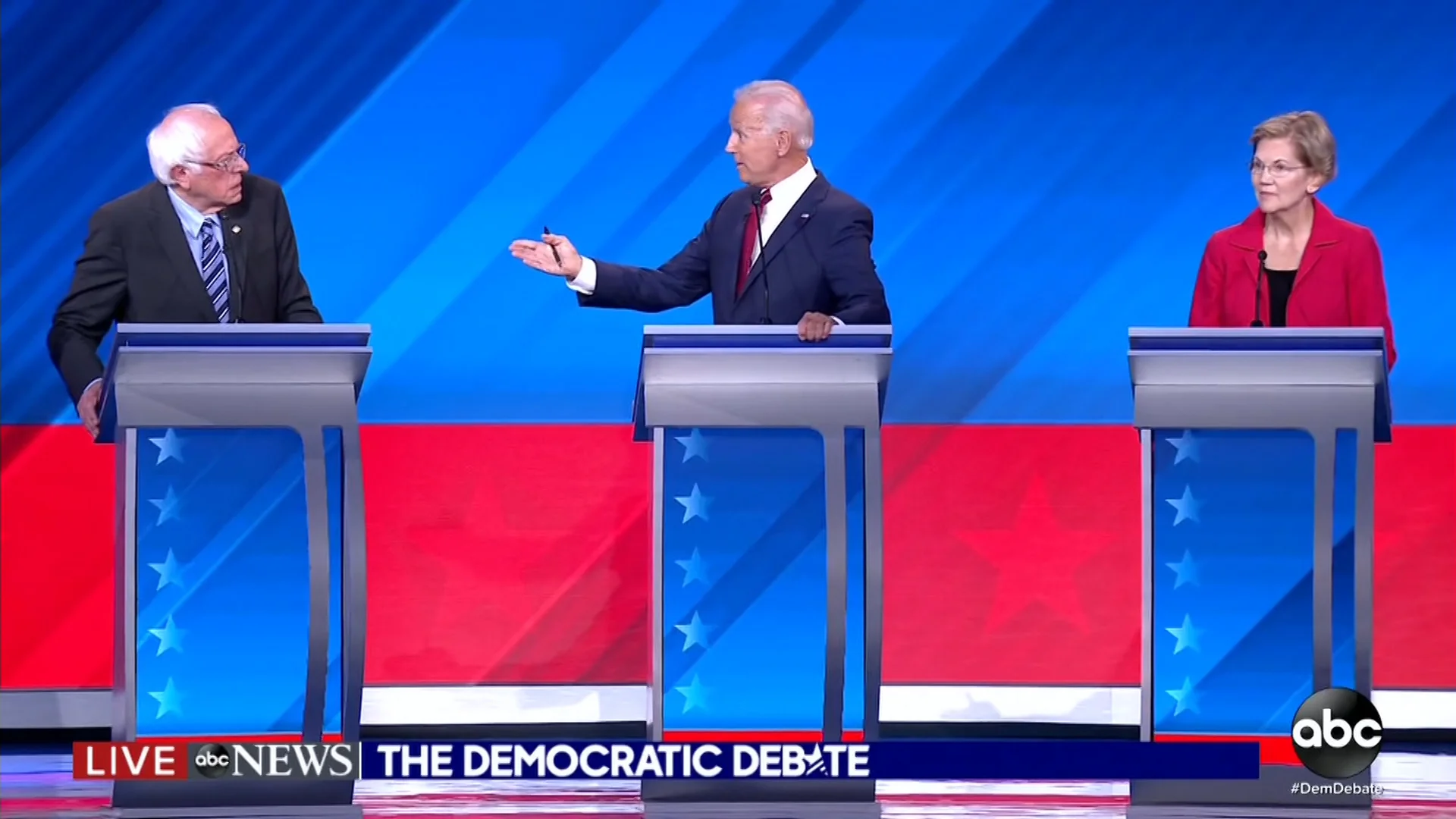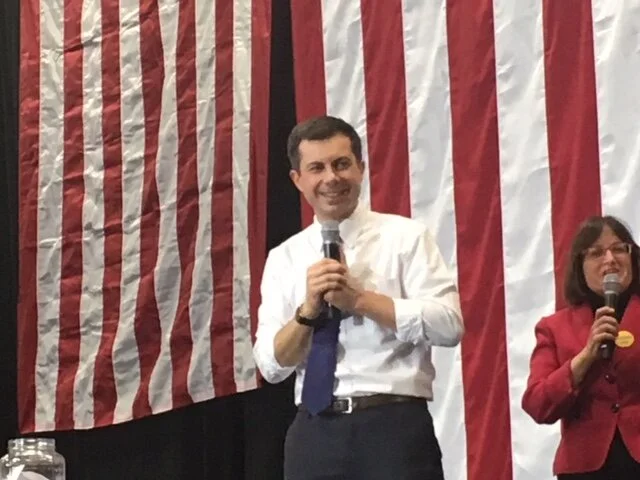The Iowa caucus is first in the nation, should it be? By Luke Perry
Iowa has been the first state in the Democratic presidential primary process since 1972, 1976 for Republicans. This followed a divisive Democratic national party convention in 1968 that prompted reforms to make the process more inclusive to party members at large.
The complexity of the caucus process, and the months it took to calculate the outcome, explain why Iowa moved the date up, displacing New Hampshire as the first primary. Jimmy Carter’s surprise caucus victory in 1976, sparked national media attention in Iowa, which has been present ever since.
Jimmy Carter (AP)
The nature of the caucus system, where registered party members meet and collectively determine their preference for the nominee, has enabled lesser-known candidates with superior ground games to propel themselves into the national spotlight.
George H.W. Bush, for instance, surprisingly won the Iowa primary in 1980. Though Ronald Reagan secured the GOP nomination, Bush was selected as running mate and followed Reagan to the White House in 1988.
The Democratic victor in Iowa has become the nominee every cycle since 1996. This has not held true for Republicans, as several GOP candidates have lost the caucus, yet won the nomination, including Donald Trump and Mitt Romney.
Nina Moore, Chair and Professor of Political Science at Colgate University, told Ivory Tower on WCNY that she believes tonight’s primary will “continue to winnow down the field” because the outcome will “focus media attention on those who survive and also channel more financial donations in their direction.”
At the same time, the current race is poised to be less impactful than previous Iowa caucuses because of candidates like Michael Bloomberg and Tom Steyer, who are largely self-funded and do not have to rely as much on donors.
Tom Stever & Michael Bloomberg (AP)
Kristi Andersen, Professor Emeritus of Political Science Syracuse University’s Maxwell School, pointed out how “caucuses do demand much more from the voter” than a primary election, impacting who is willing and able to participate. Parents, for instances, are much less able to commit an evening than adults without children or older people whose children are grown.
Iowa has actively sought to remain first, while critics contend that Iowa is not reflective of the nation as a whole, being older, whiter, and more rural.
Robert Spitzer, Chair and Distinguished Professor of Political Science at SUNY Cortland, believes there is still an argument to be made in favor of the Iowa Caucuses: “it’s old fashioned retail politics.”
“You can’t win in Iowa by just running TV ads,” Spitzer explained, “you’ve got to meet voters, that’s why candidates spend so much time in Iowa for months before the January of election year” persuading voters face-to-face.
Dr. Moore is concerned about which issues get raised in this process, given how unrepresentative Iowa is nationally. This makes their first-in-the-nation status “indefensible” because the outcome shapes messaging of candidates moving forward.
The Iowa caucus begins tonight at 8pm EST.
Luke Perry (@PolSciLukePerry) is Professor of Government at Utica College
Watch Ivory Tower on WCNY (Friday nights at 8pm) for weekly analysis of current issues by local experts in politics, law, history and journalism








